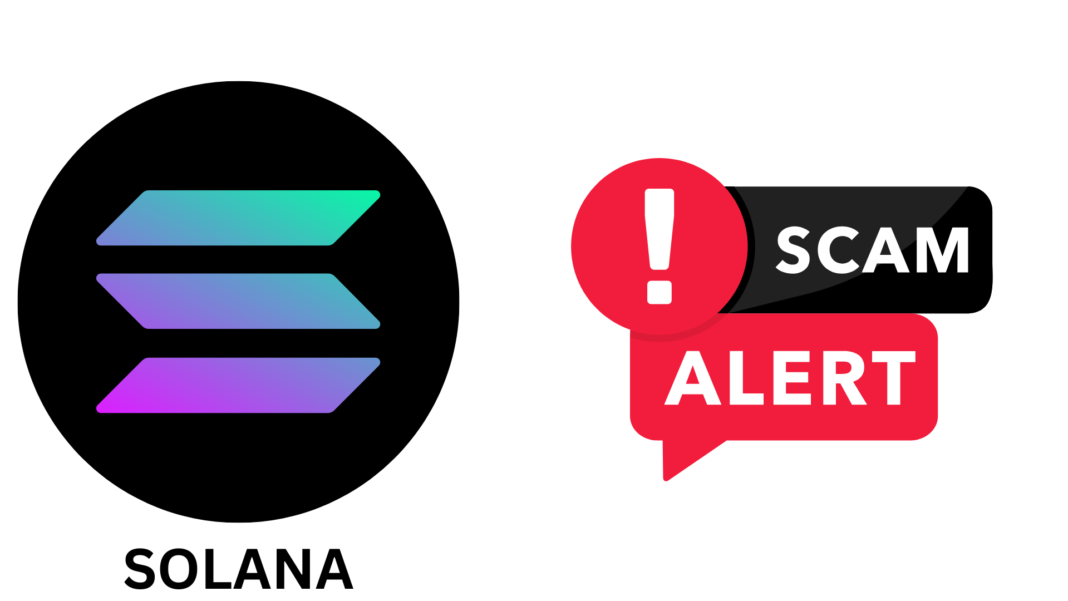In 2024, Solana emerged as the leading platform for crypto scams, particularly rug pulls, according to a report by cybersecurity firm Hacken. While other platforms like BNB Chain saw a significant decline in scams, Solana has become the favourite target for fraudsters, largely due to its low transaction fees, fast network, and simplified token creation tools.
Solana as the Hub for Scammers
The platform has earned a negative reputation as the hub for scams, with over 4 million tokens launched, most of which ended up being rug pulls.
The report highlights that Solana, due to its efficient and cost-effective infrastructure, became a breeding ground for such scams. This year, over 80% of tokens launched on Solana fell victim to these fraudulent activities, with meme coins being the most common target.
Memecoins are particularly vulnerable to these scams. Despite their playful nature and lack of inherent value, many investors are drawn to them, hoping that their value will increase over time. Famous examples include Dogecoin and Shiba Inu, but a large portion of memecoins, especially those launched on Solana in 2024, ended up being part of rug pulls.
The low cost and fast nature of the Solana network made it easy for scammers to create tokens and execute these scams rapidly, sometimes in just minutes.
BNB Chain as the Hub of Scams Too
This shift towards Solana as a hotbed for scams comes at a time when BNB Chain, another popular blockchain, has seen a sharp decline in rug pulls. According to Hacken, BNB Chain experienced a dramatic drop in scams, from nearly 150 in 2023 to just 10 in 2024.
This could be a result of increased scrutiny and better regulatory oversight, while Solana’s relative lack of regulation and ease of use for developers may have attracted bad actors.
Rising Trends in Crypto Hacks and Vulnerabilities
The Hacken report also delves into broader trends in the crypto space, highlighting access control vulnerabilities as the leading cause of crypto hack losses. In 2024, these types of exploits were responsible for 75% of all losses in the crypto sector, excluding phishing attacks.
Access control vulnerabilities primarily affect private key management, which has been a consistent security threat across DeFi, CeFi, and gaming sectors.
Also Read: Truth Terminal Founder’s X Account Hacked To Carry Out $600K Memecoin Scam
DeFi losses accounted for 20.4% of the total losses, while CeFi losses made up 30%. Interestingly, nearly 50% of DeFi losses were attributed to access control vulnerabilities, emphasizing the critical need for better security practices in the sector.
Gaming and metaverse platforms also saw significant losses due to hacks, with the largest incident being the $290 million PlayDapp hack in Q1 2024. This sector accounted for 21% of all crypto hack losses.
One positive trend highlighted by Hacken is the improvement in bridge-related security. Losses due to bridge vulnerabilities dropped significantly, from $330 million in 2023 to just $117 million in 2024, reflecting the progress made in securing cross-chain protocols.
The Ongoing Threat of Private Key Theft
Despite these improvements, private key theft remains one of the biggest threats to the crypto industry. In 2024, access control exploits tied to private key compromises resulted in nearly $1.7 billion in losses, a sharp increase from the previous year’s figure of less than $1 billion.
This trend underscores the need for continued vigilance and improved security measures across the crypto ecosystem, particularly for platforms like Solana, which has attracted more scammers due to its ease of use and low-cost infrastructure.
The rise of scams and hacks highlights the importance of safeguarding crypto assets with stronger security practices.
Also Read: Solana Wallet Address Scam Results In $3.08M PYTH Token Loss


